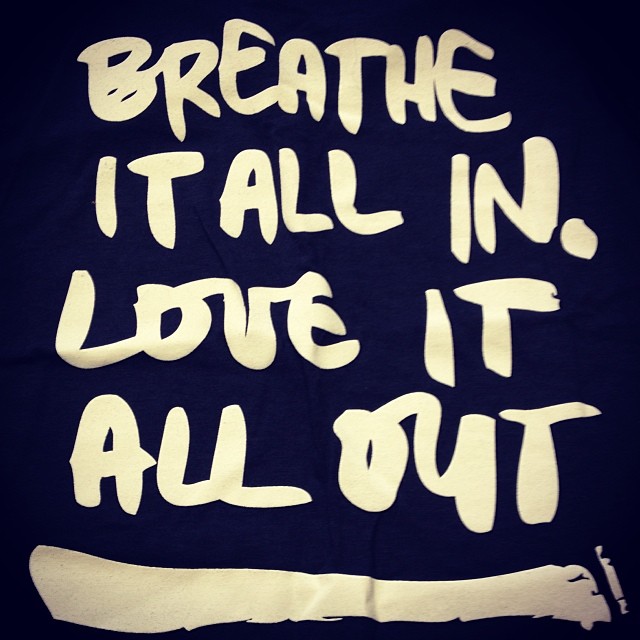There is a common idea among non Buddhists, that Buddhism is nihilistic.
After all, we use words like emptiness, non attachment, and the first Noble Truth is that of suffering. It is suffering that I want to address today. The actual word used is dukkha.
When most translations into English are presented, what we see in the First Noble truth is “Life is Suffering.” In reality, what the Buddha was teaching (and the actual meaning of dukkha), is that there is suffering and anxiety and fear in life. So the first Noble Truth is about coming to terms with reality—not sitting in a corner rocking back and forth and saying, “Woe is me!”
So what is dukkha, or suffering?
As I have mentioned in prior posts, suffering is all about attachment and grasping. Now, of course, there is suffering outside of our control—there is birth, death, sickness, accidents and chaos all over the world that we cannot stop or prevent; this is the reality of life. So coming to terms with suffering is first, an acceptance of things that we cannot change.
This again doesn’t mean just throwing our hands up and saying, “Hey, whatever, there’s nothing I can do about it.” Instead, it is coming to terms with what we are capable of changing in the moment.
As much as I wish I could fly around in some red boots and a cape saving the world (and I do struggle with this myself), I cannot.
The second process of accepting and coming to terms with the reality of suffering is learning how much of it we create in our own lives because of grasping, attachment, wrong view, wrong action etc. If every time someone cuts me off in traffic, I have a mini melt down in my car and start screaming, swearing and pounding my steering wheel, the only person suffering is me.
The person who cut me off is unaware that I am acting like a spoiled child and is not suffering from his lapse in judgment—only I am aware of this. This concept can and should be played out in each action and decision we make. How much of what we do is formed as a reaction to situations that we cannot control? This person was rude, that person didn’t hold the elevator, he made my Starbucks the wrong way, and she burned my toast, ad infinitum.
What we can control, is how we choose to react to these situations.
In point of fact, it is our constant reaction to them that is the cause of our suffering. We can either be conscious actors in our lives, or unconscious reactors in them. Learning about and understanding suffering is not about nihilism at all. It is about the process of bringing forth real life and real happiness. It is removing ourselves from reactionary anger and anxiety and instead being present within ourselves to situations that we have the ability to effect.
Our first focus on suffering isn’t about sorrow, it is about releasing attachment to false notions and becoming truly life affirming!
Remember, every person you come into contact with is in the same boat you are. Dealing with their own confusions, doubts and fears; their own form of suffering. By acting with positive intent, instead of reacting with negative intent, we can help to free ourselves and others from constant suffering.
Learning how to be a key player in your own life is the first step to putting on that set of red boots and a cape!
Love elephant and want to go steady?
Sign up for our (curated) daily and weekly newsletters!
Editorial Assistant: Jess Sheppard/Editor: Catherine Monkman
Photo: elephant journal archives












Read 2 comments and reply